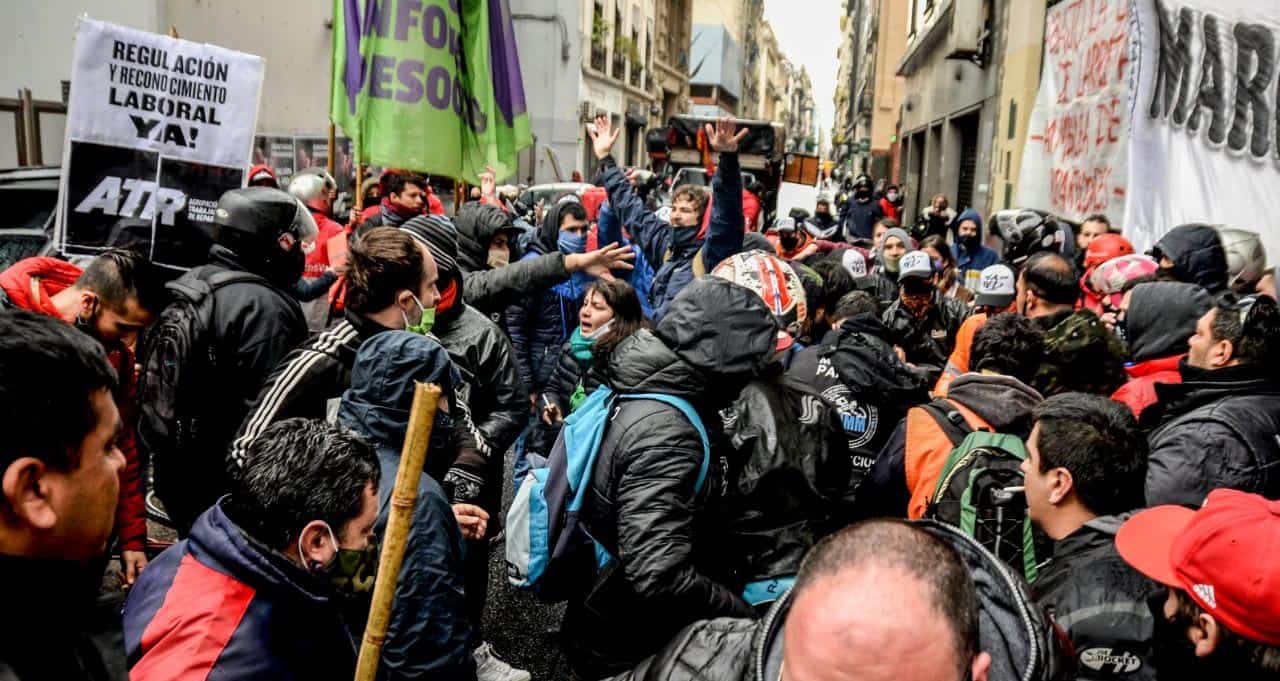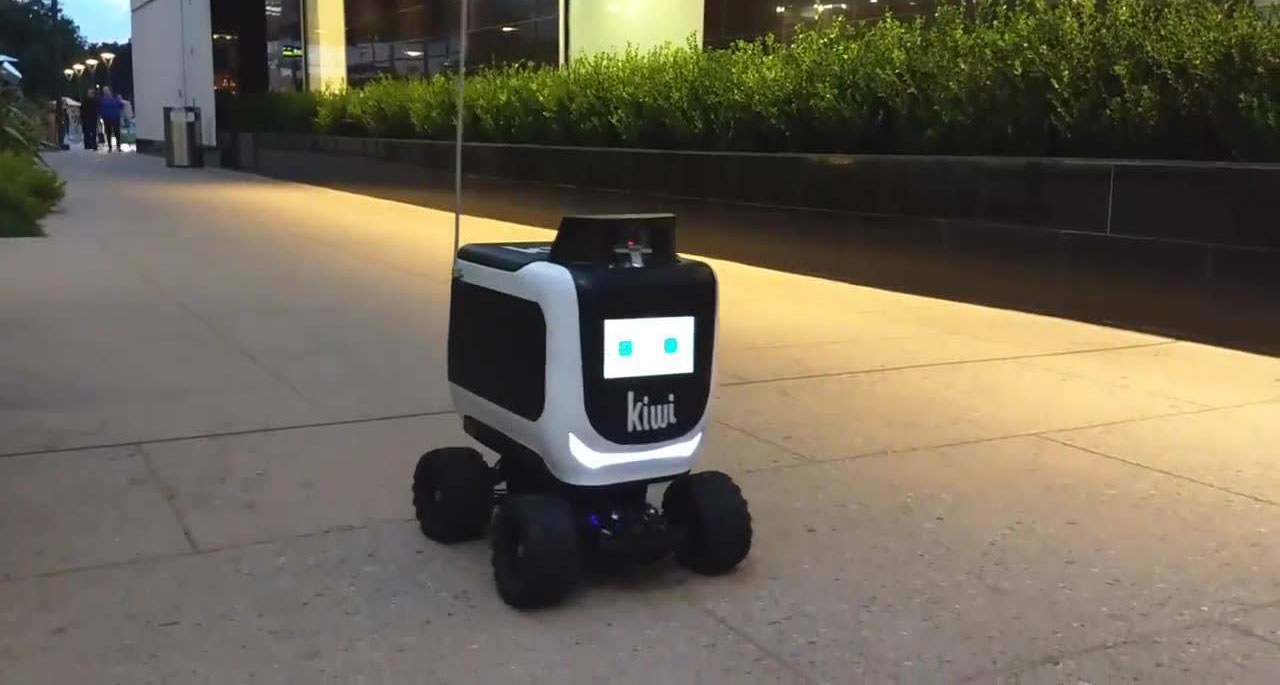Contxto – Coronavirus has exposed not just our physical wellbeing. It’s also revealed the weaknesses within healthcare systems and supply chain. Case and point are small-sized clinics who are scrambling to stay provisioned.
To add some efficiency and transparency to the process, Brazilian logistics startup Rapicare recently closed a seed investment for R$5 million (~US$1 million) through Canary, Norte Ventures, as well as co-Founders from iFood, Loggi, and Creditas.
[wd_hustle id=”InArticleOptin” type=”embedded”/]
It also told Contxto about its upcoming plans with the funds.
“We will use the investment to refine our technological capabilities to ensure our clients and suppliers have a product worthy of the transformation we envision”, says Andre Iaconelli, co-founder at Rapicare.
Undoubtedly, a top-tier product is a top priority for the young startup.
Rapicare cares about small clinics
If you thought major hospitals had it rough by running out of face masks and medicine, it’s worse when you run a small clinic.
“In a stable market, it is already difficult for SMEs,” reflects Raphael Gordilho, co-Founder at Rapicare. “[But] in a crisis, they have no bargaining power and suffer from the lack of products. Prices also go up because a lot of supplies are imported.”
Because smaller healthcare centers don’t buy in bulk, they often juggle with multiple vendors who may raise the price or not sell to them at all.
- Related article: Healthtech Alice offers something telemedicine platforms don’t
In light of these problems, Rapicare wants to offer a platform that allows these clinics and their accounting teams to better manage operations and automate processes.
For example, rather than dealing with dozens of vendors, accounts payable need only consult the Rapicare platform. Moreover, the startup handles the messy process of paying suppliers and ensuring the timely delivery of goods.
While all of this may sound like Rapicare operates as a marketplace, it isn’t. Instead, it charges users under a Software as a service (SaaS) model.
Up until now, the startup has worked with 47 clinics and labs and connected them to over 30 suppliers.
Understandably, every industry requires some level of logistics services. However, each has its own particular set of pain points.
Consequently, the rise of specialized logistics startups like Rapicare suggests that the ecosystem in Brazil is growing in diversity as these unique needs are identified.
Related articles: Tech and startups from Brazil!
-ML
Update: A previous version of this article stated that Rapicare raised US$938,000.







